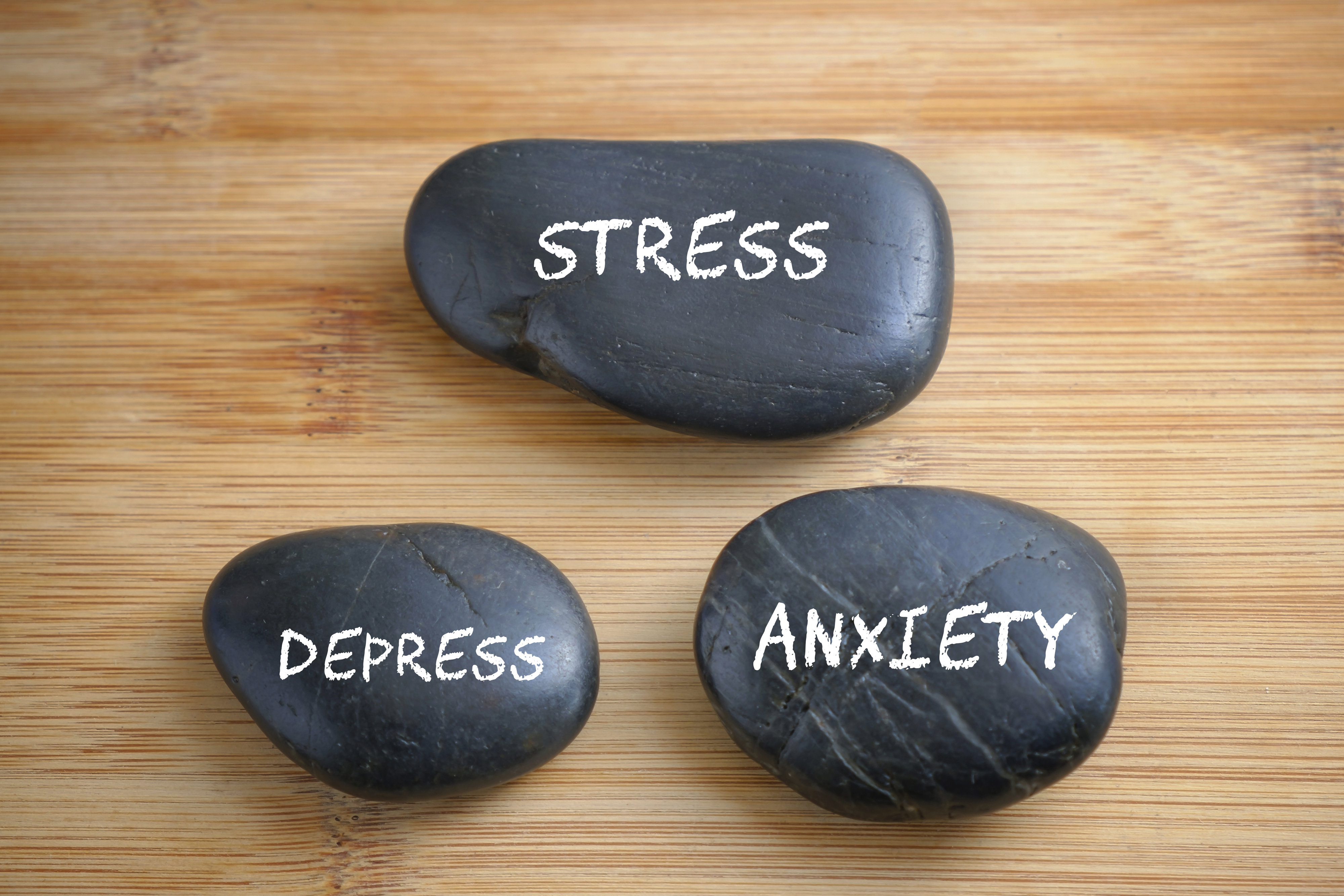Mental Health
Mental Health
We take a holistic approach to support. We run workshops, clubs, counselling sessions, advisory services and other activities. We aim to make you feel better. We help you with stress management, mindfulness and wellbeing to boost your confidence and positivity.
We understand that being a carer can have a toll on the state of your mental health. There have even been a number of reports on the impact it can have. We work with carers to help deal with mental health conditions for better day-to-day wellbeing;
1 in 7 people are carers
3 in 5 of us will become a carer at some point in our lives
- 54% of carers have suffered depression
- 77% of carers felt more anxious
- 83% of carers are more stressed (Carers UK, 2015)
- Risk of psychological distress increases progressively as the time spent caring increases (Hirst, 2005)
- While 51% of non-carers had a long-standing health condition, this increased to 63% of all carers (GP Patient Survey, 2015)
This is why it is important to look after yourselves and improve your wellbeing in
order to care for your loved ones.
Our Mental Health Drop-In Sessions are held on the 2nd and 4th Friday of the month, except for Bank Holidays. Please check our workshops page for session details.
Contact Harrow Carers for further details.
Want to know more?
Call us on 020 8868 5224


Why not support us?
Every donation helps; whether it’s a one-off contribution like a legacy donation or a monthly direct debit. Your donations can help us create new services and provide better support to our carers. From complementary therapies to counselling and training for carers, your help can go a long way. Additionally, we have a number of ways you can fundraise by simply thinking of us when you go about your day-to-day lives!
Depression
Depression is more than simply feeling unhappy or fed-up for a few days. Most people go through periods of feeling down, but when you’re depressed you feel persistently sad for weeks or months, rather than just a few days.
Some people think depression is trivial and not a genuine health condition. They’re wrong – it is a real illness with real symptoms. Depression isn’t a sign of weakness or something you can “snap out of” by “pulling yourself together”.
We recommend the following courses on our events page for help with depression:
- Mindfulness
- Positive Psychology
- Coping with Change
- Understanding CBT (Cognitive Behavioural Therapy)
- Relaxation and Sleep Management
Anxiety
Anxiety is a feeling of unease, such as worry or fear that can be mild or severe.
Everyone has feelings of anxiety at some point in their life – for example, you may feel worried and anxious about sitting an exam, or having a medical test or a job interview. During times like these, feeling anxious can be perfectly normal.
However, some people find it hard to control their worries. Their feelings of anxiety are more constant and can often affect their daily lives.
Anxiety is the main symptom of several conditions, including:
- Panic Disorder
- Phobias – such as Agoraphobia or Claustrophobia
- Post-traumatic Stress Disorder (PTSD)
- Social Anxiety Disorder (Social Phobia)
“They really have been a lifeline – lifesavers! We badly needed their help to get the services and support. But most importantly they have been talking to my mother and helping her cope, and me cope as a carer.”
– Mukesh
“They really have been a lifeline – lifesavers! We badly needed their help to get the services and support. But most importantly they have been talking to my mother and helping her cope, and me cope as a carer.”
– Mukesh
Trauma
Trauma can impact a person’s life years after the initial issue.
Someone with PTSD, which is a common form of traumatic disorder occurring in l in 3 people who suffer severe trauma, would often be reminded or relive the traumatic events through their daily activity, leading to feelings of isolation, guilt, emotional numbness, hyperarousal, physical aches or anxiety. Trauma can also cause sleeplessness and Attention Deficit Disorder (ADD). Some people may also develop complex PTSD in several situations which you can read more about via the NHS here.
We recommend the following courses on our events page for help with Trauma :
- Understanding CBT
- Relaxation and Sleep Management
- Living with Change (CNWL)
Psychosis
Psychosis is a severe mental health issue that can cause people to hallucinate mentally and/or physically or have grandiose delusions.
Psychosis can be developed from conditions of schizophrenia or colorism with potential triggers being the abuse of drugs and/or alcohol, side effects of prescribed medication, a physical condition and/or a traumatic experience
We recommend the following courses on our events page for help with Psychosis:
- Managing Psychosis Together (CNWL)
Self-Esteem
Self-esteem is important as it is effectively built from the opinion we have of ourselves.
With healthy self-esteem people tend to keep a positive outlook on themselves and life in general. With situations of low self-esteem, issues such as anxiety or depression can come into effect. Low self-esteem can occur due to childhood issues or situational problems that impact people’s confidence. Things such as serious illness or bereavement for example can have a negative effect on self-esteem.
We recommend the following courses on our events page for help with self-esteem: Click here for all our events.
- Mindfulness
- Positive Psychology
- Support Groups
- Assertiveness Training
Dementia
The word ‘dementia’ describes a set of symptoms that may include memory loss and difficulties with thinking, problem-solving or language.
These changes are often small to start with, but for someone with dementia they have become severe enough to affect daily life. A person with dementia may also experience changes in their mood or behaviour.
Dementia is caused when the brain is damaged by diseases, such as Alzheimer’s disease or a series of strokes. Alzheimer’s disease is the most common cause of dementia, but not the only one.
We recommend the following courses on our events page for help with Dementia: Click here for all our events.
- Dementia Awareness
Autism Spectrum Disorder
Autism spectrum disorder is an umbrella term referring to a number of disorders that come under the spectrum such as Asperger Syndrome for example.
Typically those with autism would struggle socially in comparison to neurotypical people. Those with autism struggle to communicate verbally and/or physically and would typically have unorthodox social methods. Typically those on the spectrum would struggle to initiate conversation or break from standardised routine as this could risk triggering challenging behaviours.
We recommend the following courses on our events page for help with Autism: Click here for all our events.
- Understanding Relationships
Eating Disorders
Eating disorders can take many forms.
Such a disorder can come from high levels of stress or poor wellbeing management. It is reported 36% of carers have eating issues. Common symptoms of an eating disorder would be a lack of eating, exercising too much, mood swings, deliberate sickness and extreme food management diets. Physical signs may be feeling cold, tired, dizzy and/or digestive problems.
We recommend the following courses on our events page for help with eating disorders: Click here for all our events.
- Understanding CBT
- Introduction to Well-being












